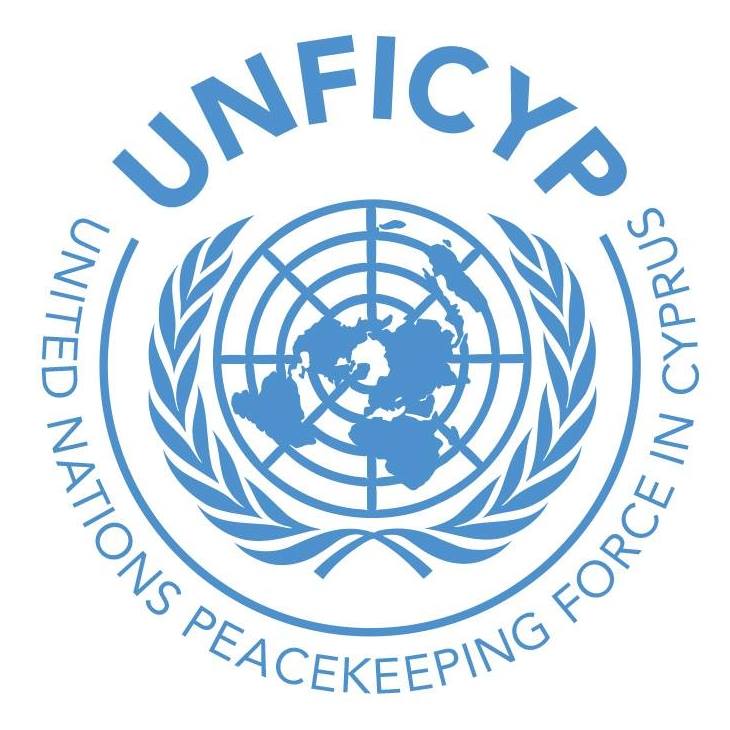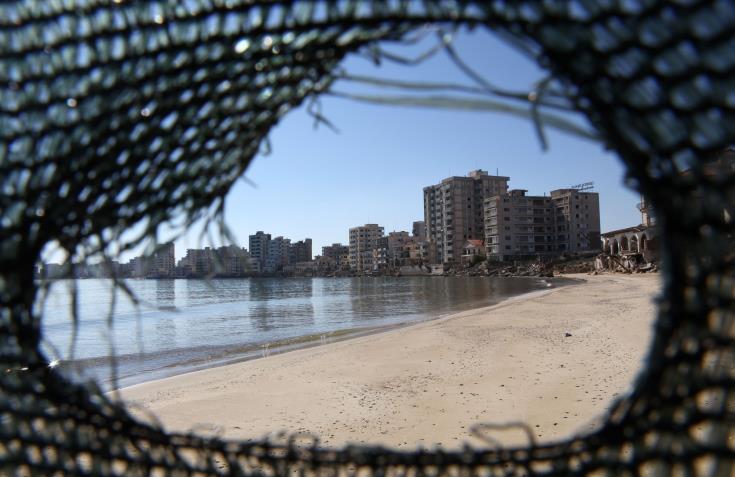
AKEL on the two Reports of the UN Secretary General to the UN Security Council
AKEL C.C. Press Office, 11th July 2020, Nicosia
Regarding the two Reports of the UN Secretary General to the Security Council, one on the United Nations Peacekeeping Force in Cyprus (UNFICYP) and the other on his Good Offices, we reserve the right to express our comprehensive position when we have the official texts. For the moment, we only comment on what has been reported in the media.
As expected, relatively low key tones are observed in view of the new effort that will be undertaken after the voting procedure in the occupied territories. At the same time, however, the UN Secretary General took care to convey some strong messages.
The fact that the Secretary General requests a renewal of the mandate of the UNFICYP is undoubtedly positive, but at the same time he stresses that, “The lack of negotiations since July 2017 does not mean that the situation on the island remains unchanged, either at the political level or in the buffer zone.” He refers to Varosha, the issue of hydrocarbons, the delimitation of the Exclusive Economic Zone (EEZ), the refugee issue and even the pandemic as specific examples. He subsequently adds that “the decision by both sides to restrict passage at crossing points was made without consultation with the other community.” At the same time, he underlines that “it is essential that movement within the island be allowed along with incoming travel” and encourages the two leaders to work together to open all the checkpoints.
On Varosha, the UN Secretary General refers to the relevant Security Council resolutions, while on the natural gas issue he just says that both communities should have benefits and that it should be used as an incentive for a solution. Unfortunately, he once again avoids taking a stand denouncing the intolerable Turkish provocative actions.
The Secretary General considers the Confidence Building Measures (CBM’s) important, but at the same time he stresses that these do not constitute the solution to the Cyprus problem. The repetition of the position on obstacles to CBM’s, which are “linked to the status of the north and concerns relating to “recognition” is problematic, despite the fact that Mr. Guterres clarifies that on this issue too the policy of the UN on Cyprus and the relevant Security Council resolutions apply.
The most important element of the Report remains the commitment of the Secretary General that he will continue his efforts to achieve terms of reference as agreed in Berlin last November. He reiterates that in the first stage he will seek an informal meeting 5+ and underscores the point that this time must be different.
As regards the issue of a mechanism for military contacts, the Secretary General refers to a declared commitment of the parties for its establishment and we expect to be briefed accordingly by the President of the Republic.
In conclusion, it is clear that a new effort will be undertaken after the voting procedure in the occupied territories. AKEL calls on the two leaders to correctly assess the Secretary General’s warning that the absence of a solution to the Cyprus problem is increasingly unsustainable, that they should contribute to the creation of an appropriate climate and demonstrate in practice their readiness to continue the negotiations from the point where they had remained at Crans Montana.




